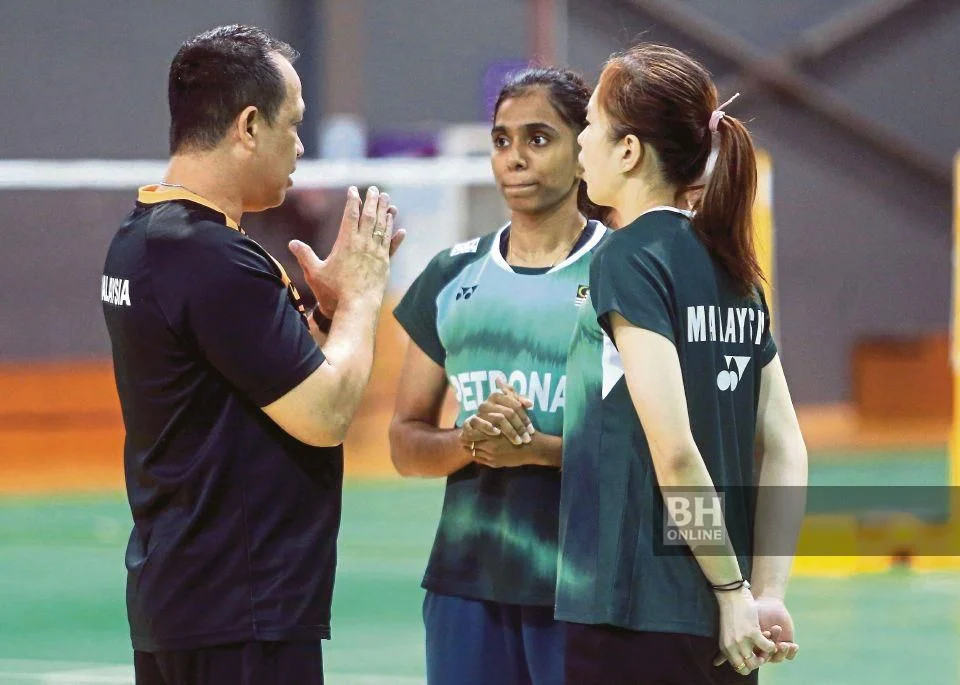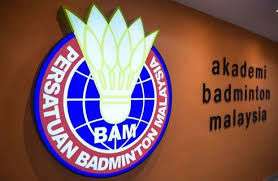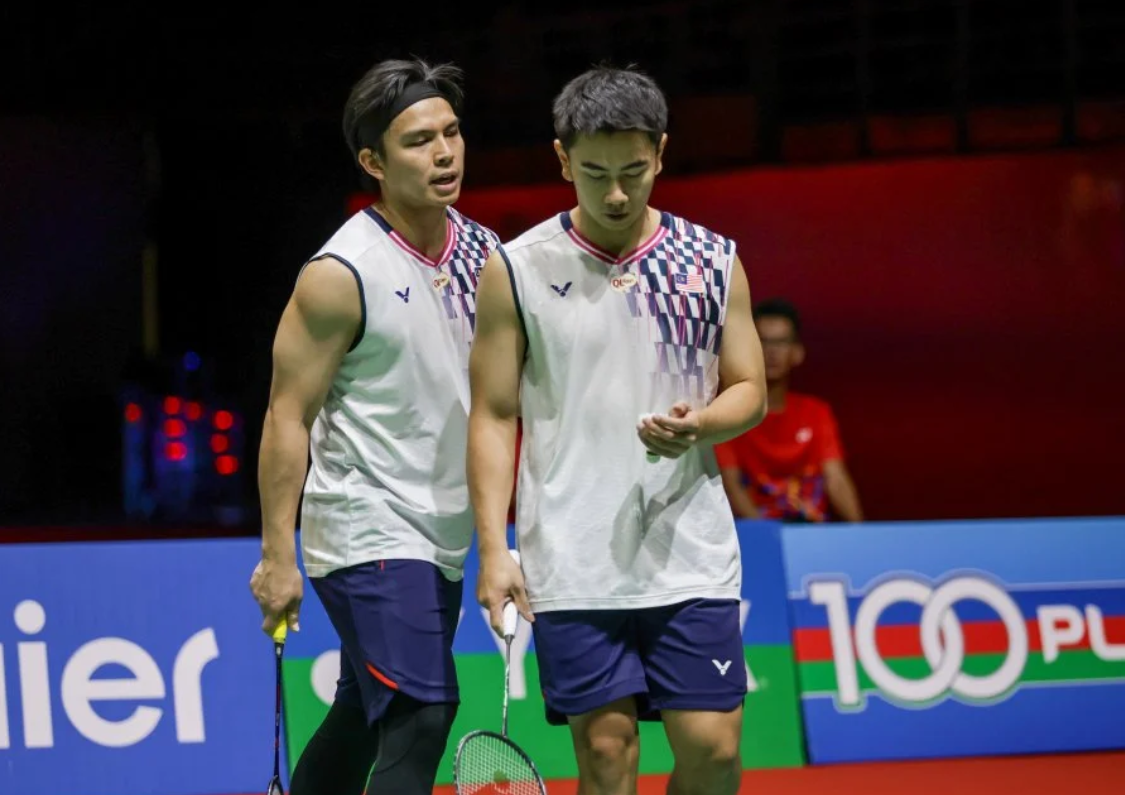The Badminton Association of Malaysia (BAM) is preparing to introduce a structured player contract system under its Tangkis 30 project, along with new career opportunities for retired national shuttlers.
BAM president Tengku Datuk Seri Zafrul Abdul Aziz confirmed that the move comes in response to the highly publicised contract saga involving women’s doubles world No. 2 pair Pearly Tan and M. Thinaah, which highlighted the urgent need for a clear contractual framework.
The initiative also aims to strengthen BAM’s authority over players leaving the national programme to pursue independent careers. This follows previous controversies, including the two-year ban imposed on Lee Zii Jia in 2022—a sanction later overturned after public backlash.
“I did talk about a structured policy for athletes’ contracts. I think we need to finalise that. We need to sit down, and this is why I need the legal side to also look at it,” said Tengku Zafrul after BAM’s council meeting on Saturday.
“However, the safeguarding clause (sanction) will remain status quo.”
Key Elements of the New Contract System
The revamped framework is expected to cover:
Fixed salaries for national players
Key Performance Indicators (KPIs) to determine allowances and bonuses
Sanctions for those who leave the BAM programme prematurely
Newly appointed BAM council member Datuk Seri Lee Chong Wei, who spent his entire career under BAM, will provide input on how contracts can help retain elite talent. Meanwhile, legal guidance will be led by council member Datuk Sunil Abraham, a lawyer tasked with shaping the improved contractual system.
Career Pathways Beyond the Court
In addition to contracts, BAM is also focusing on post-retirement opportunities for athletes. Tengku Zafrul revealed plans to work with corporate partners to arrange job placements for former shuttlers, ensuring financial and career stability once they retire.
“My concern is also about job security. I raised it to the council members, what is life after badminton for some of these players? Not all players can be like Zii Jia or our top doubles pairs. There will be different levels of players, but they still sacrifice their time for the nation,” he explained.
The new system is seen as a step forward in ensuring both professional stability and long-term career support for Malaysian shuttlers, while also reinforcing BAM’s role as the sport’s governing body.




